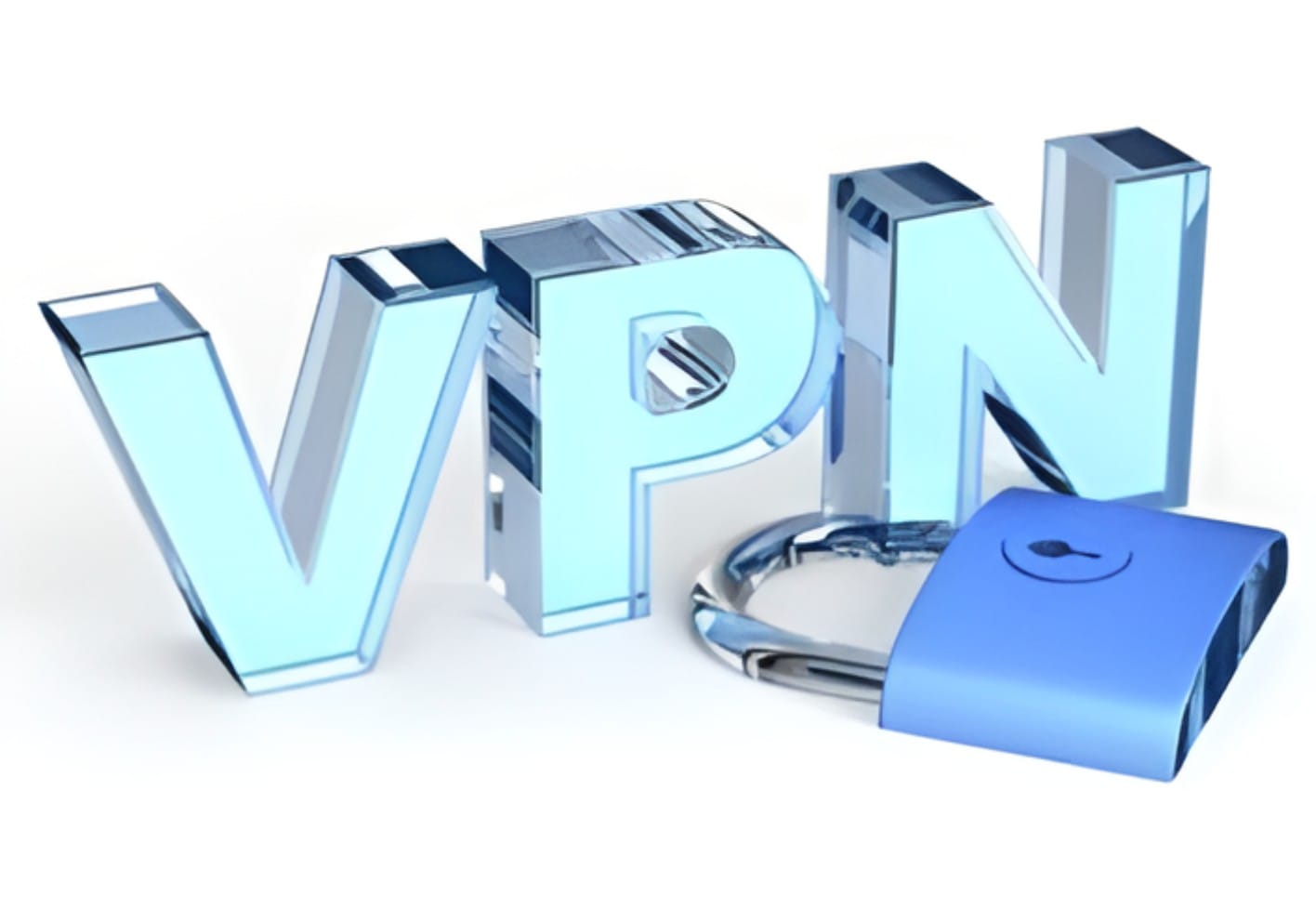Decoding VPN Protocols: Secure Your Data
The fundamental protocol of any VPN regulates the degree of encryption, reliability, and speed of the connection. This tutorial helps users secure their digital footprint by simplifying VPN protocols.

Virtual private networks, or VPNs, have become essential tools for protecting sensitive data in the modern digital age when internet privacy and security are crucial. Every VPN has a protocol at its core that controls the connection's speed, dependability, and degree of encryption. To assist customers in securing their digital footprint as much as possible, we'll unpack the complexity of VPN protocols in this guide, highlighting their features and guiding them toward educated judgments.
Written by Sherry
Contact us via matia4441298@gmail.com
Recognizing VPN Protocols:
The foundation for creating safe and secure connections between users' devices and VPN servers is provided by VPN protocols. Data transmission is governed by these standards, which guarantee that it is protected from prying eyes and any cyberattacks. With varied network protocols and encryption techniques, every VPN protocol has unique benefits and drawbacks suited to various user requirements.
Exploring the Landscape of VPN Protocols:
1. UDP (User Datagram Protocol):
- Prioritizes speed over reliability, making it ideal for activities requiring rapid data transfer.
- Does not necessitate a connection handshake, resulting in quicker transmission of information.
- Well-suited for streaming, online gaming, and other bandwidth-intensive tasks.
2. Transmission Control Protocol (TCP):
- Prioritizes data quality and dependability above speed.
- Creates a connection first, which may result in slower speeds but guarantees dependable delivery.
- Fit for tasks like file transfers and secure communication, when constant connectivity is necessary.
VPN protocols' methods of encryption:
Encryption is essential for protecting VPN connections because it prevents hackers from intercepting private information. There are two main encryption techniques that are often used:
- Advanced Encryption Standard, or AES-256: Generally accepted as the industry standard for encryption, AES-256 offers strong security and defense against illegal access.
- ChaCha20: This VPN service is well-known for its efficiency and speed. It strikes a compromise between security and performance, which appeals to consumers who value quick VPN connections.
Analyzing Well-Known VPN Protocols:
1. WireGuard:
- Praised for its remarkable speed and effectiveness, providing quick VPN connections without sacrificing security;
- Perfect for users partaking in bandwidth-intensive activities like online gaming and high-definition streaming;
- Well-known for its ease of use and simplified codebase, which lessens the possibility of vulnerabilities.
2. OpenVPN:
- Well-known for its adaptability and strong security features, which include AES-256 encryption support.
- Allows users to select between TCP and UDP protocols with flexibility, meeting their individual demands for speed or dependability.
- Ideal for those with strict privacy requirements, such as business executives, journalists, and activists.
3. IKEv2/IPSec:
- Well-known for its dependable and flawless communication, especially on mobile devices. It provides quick and safe VPN connections, which makes it a great option for people who often move between Wi-Fi and cellular networks.
- Compliant with a large variety of hardware and software, such as Windows, Mac OS X, and iOS.
Choosing the Appropriate VPN Protocol:
A number of considerations, such as device compatibility, privacy concerns, and speed needs, must be taken into consideration while selecting the right VPN protocol. For Wireguard vs Openvpn, those looking for quick VPN connections could use WireGuard, while those who value strict security protocols might go for OpenVPN. Furthermore, IKEv2/IPSec can be the best choice for people who often transfer networks on their mobile devices.
To conclude, VPN protocols are the fundamental building blocks of safe and secure communications in the modern digital world. Users are better able to make judgments to guarantee the best possible safety for their online activities when they are aware of the features and subtle differences among various protocols. To protect digital privacy and security in a world that is becoming more linked, choosing the correct VPN protocol is crucial, regardless of your priorities: speed, security, or adaptability.